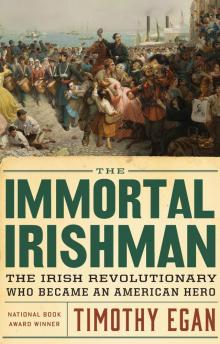 The Immortal Irishman
The Immortal Irishman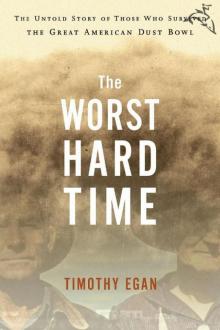 The Worst Hard Time: The Untold Story of Those Who Survived the Great American Dust Bowl
The Worst Hard Time: The Untold Story of Those Who Survived the Great American Dust Bowl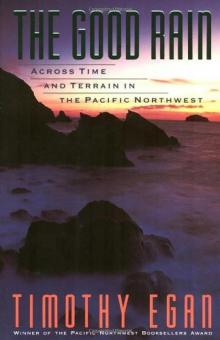 The Good Rain: Across Time & Terrain in the Pacific Northwest
The Good Rain: Across Time & Terrain in the Pacific Northwest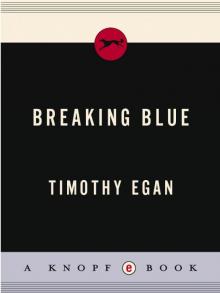 Breaking Blue
Breaking Blue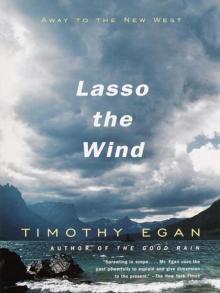 Lasso the Wind: Away to the New West
Lasso the Wind: Away to the New West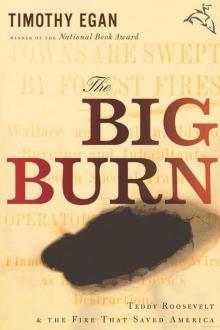 The Big Burn: Teddy Roosevelt and the Fire That Saved America
The Big Burn: Teddy Roosevelt and the Fire That Saved America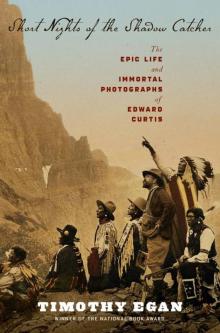 Short Nights of the Shadow Catcher
Short Nights of the Shadow Catcher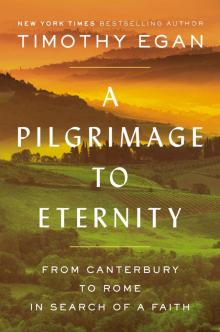 A Pilgrimage to Eternity
A Pilgrimage to Eternity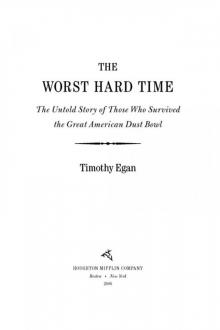 The Worst Hard Time
The Worst Hard Time The Big Burn
The Big Burn